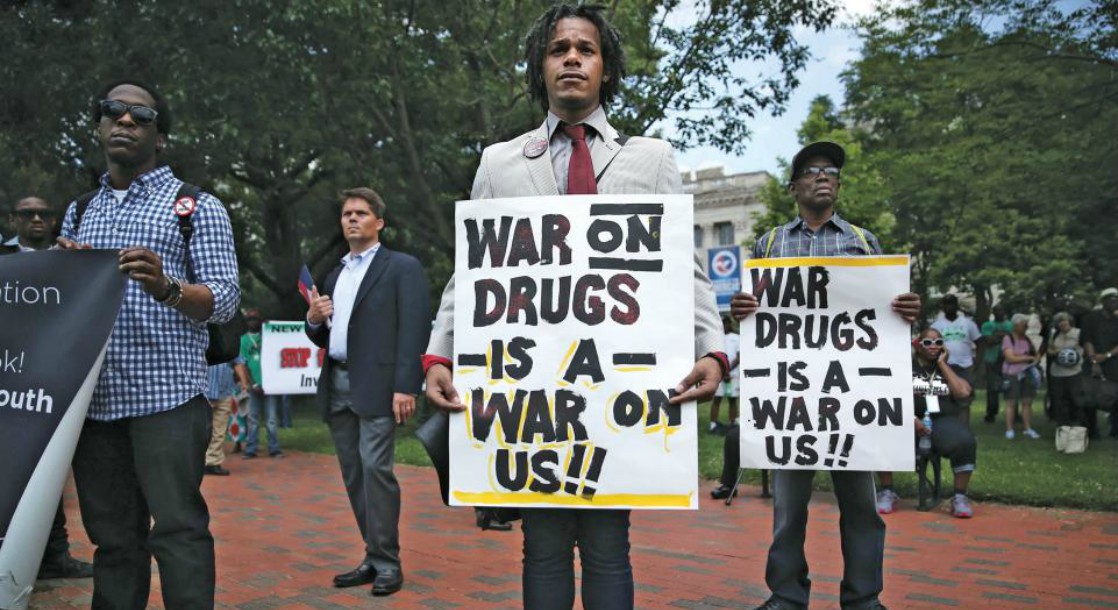As the legal cannabis industry expands across the country and takes root on both coasts, marijuana businesses have already surpassed traditional corporate America when it comes to the percentage of women and people of color in ownership and executive roles. But while some are patting themselves on the back for those early stats, the cannabis industry’s minority community knows that there’s still plenty of work left to be done.
According to the Washington Post, a panel billed as the “Minority Leaders in Cannabis” met in the nation’s capital this week to reiterate the structural barriers for women and people of color in legal weed and encourage increased participation and equality throughout the exponentially growing industry.
“We have the opportunity to do this right and make sure the people that suffered when cannabis was in the black market . . . have the opportunity to participate in the upswing,” Former NFL player turned cannabis businessman Marvin Washington said.
The panel’s speakers largely focused on those left behind by the changing tide of legalization, with Lisa Scott, the proprietor of Washington D.C. based edible company Bud Appetit, continuing that oft-ignored thread.
“It’s a good business — we’re at the start, it’s brand new,” Scott said. “So many minorities are locked up — white people are getting filthy rich from it.”
Even for those who have never experienced life behind bars, the persistent threat against people of color has made the cannabis industry much less attractive to the country’s African-American and Latinx communities.
“I can’t say I feel comfortable,” Chanda Macias, a dispensary owner in Washington D.C., said. “As the industry continues to change, less minorities participate because of their fears.”
The panel was organized by Women Grow, a Denver-based organization created “as a catalyst for women to influence and succeed in the cannabis industry as the end of marijuana prohibition occurs on a national scale.”
This is why we exist. #Justicehttps://t.co/HcWCXdJSCg #advocate#freetheplant#equality#cannabisawareness pic.twitter.com/BoRz5u7oL0
— Minority Cannabis (@MinCannBusAssoc) September 22, 2017
In Oakland, California city regulators have specifically carved out a path for those persecuted in the war on drugs to prosper in legal weed’s new reality, and prospective cannabis business owners in Maryland have brought the issue of minority stake in the burgeoning industry to court on more than one occasion.
For Women Grow’s communications director Gia Morón, addressing the issue of diversity in the cannabis industry early and often will hopefully create an industry truly of the new millennium, free from the country’s persistent racial and gender inequalities.
“We are calling it out early,” Morón said. “We’re starting out saying, ‘You’re going to do better.’ . . . I hope in five years we’re not talking about diversity.”
Marijuana may have a head start on Wall Street, but there’s still a ways to go before the cannabis industry can even come close to the utopia Morón imagines.











